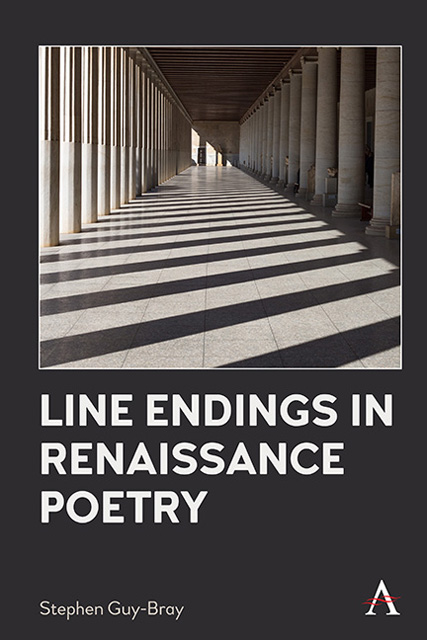Summary
The most disapproving view of rhyme is that it is a merely decorative element. This idea has been promoted by many writers for many years—and it may well be the dominant view now. Part of the objection to rhyme is the fear that rhyme may dictate the poetry, compelling poets to express themselves otherwise than they would have intended. An extreme illustration of the importance of rhyme is the once fashionable game of bouts-rimés, in which players were given the rhymes for a poem they would then have to write. An especially good example of what this could mean comes from an anonymous eighteenth-century poem, “The Poetess’s Bouts-Rimés”:
Dear Phoebus, hear my only vow;
If e’er you loved me, hear me now.
That charming youth—but idle fame
Is ever so inclined to blame—
These men will turn it to a jest;
I’ll tell the rhymes and drop the rest. (1-6)
In its diction and its sentiments, this is clearly a very conventional poem of the period, one that conforms to received ideas about eighteenth-century poetry and about women’s poetry. What follows is, to put it mildly, less conventional: the only words in the remaining eight lines are the rhyme words, which appear in the following order: “desire,” “fire,” “lie,” “thigh,” “wide,” “ride,” “night,” “delight.” “The Poetess’s Bouts-Rimés” gestures toward the possibility of a poem that is only rhyme without anything else at all.
Rhyme is not usually as important as it in this poem, of course. To me, one of the most interesting looks at the limitations of rhyme comes from Andrew Marvell’s poem “On Mr Milton’s Paradise Lost,” which was first printed in 1674 in the second edition of Milton’s poem. After discussing the many strengths of the poem as a whole, Marvell addresses the then unusual fact that Milton’s epic does not rhyme: “Well mightst thou scorn thy Readers to allure / With tinkling Rime” (45-6). He goes on to dismiss rhyme as merely a kind of accessory that “we for fashion wear” (50) and then gracefully admits his own complicity in the matter: “I too transported by the Mode offend, / And while I meant to Praise thee must Commend” (51-2).
- Type
- Chapter
- Information
- Line Endings in Renaissance Poetry , pp. 15 - 36Publisher: Anthem PressPrint publication year: 2022

